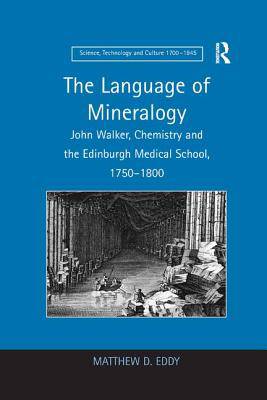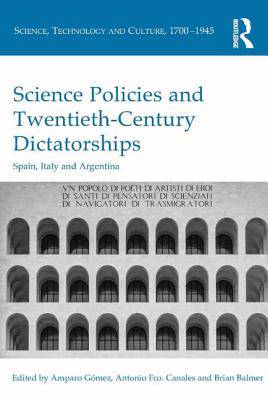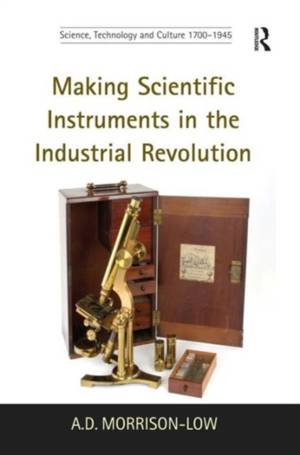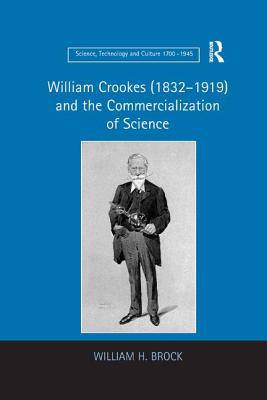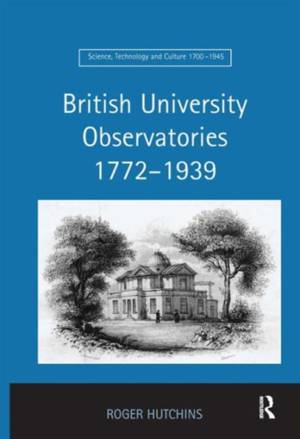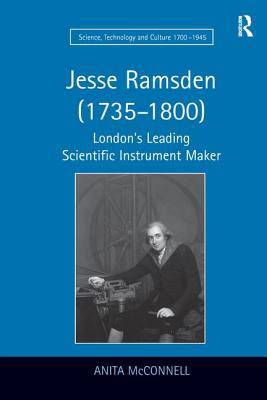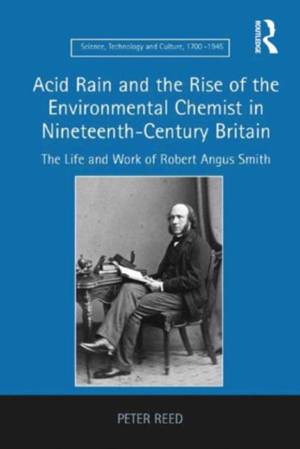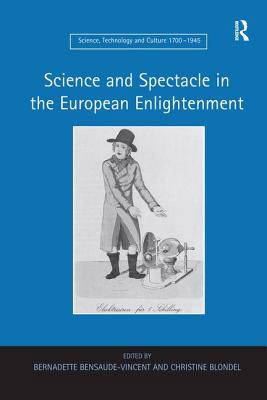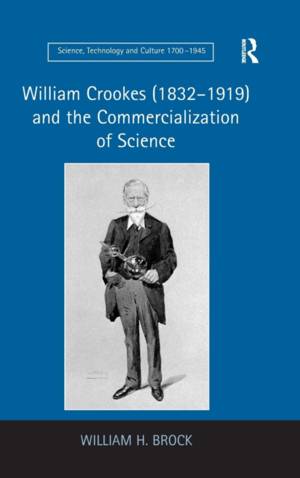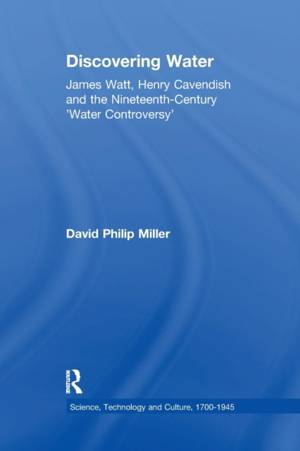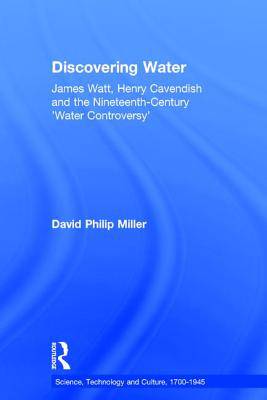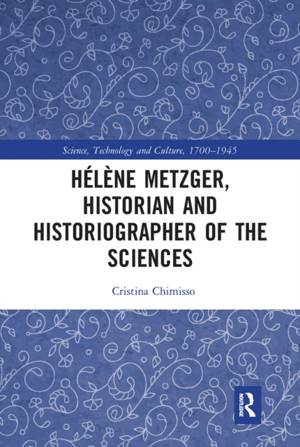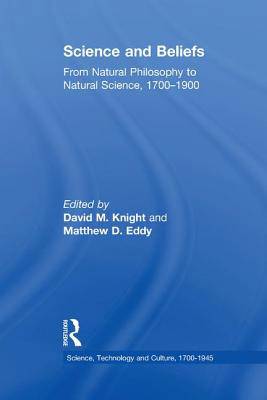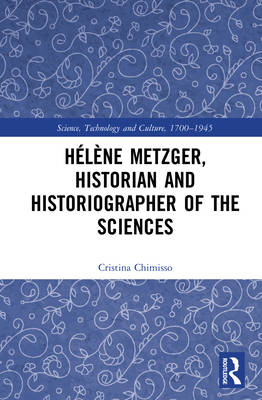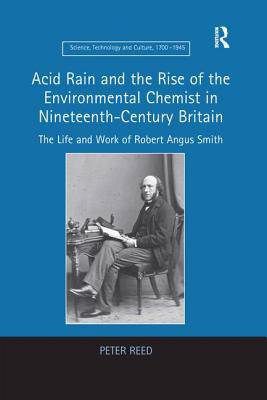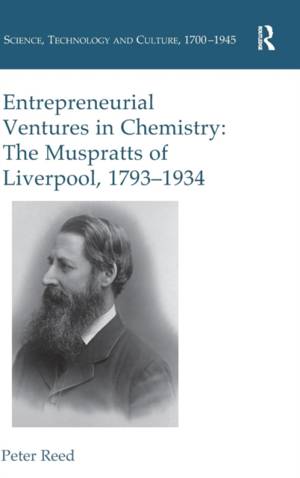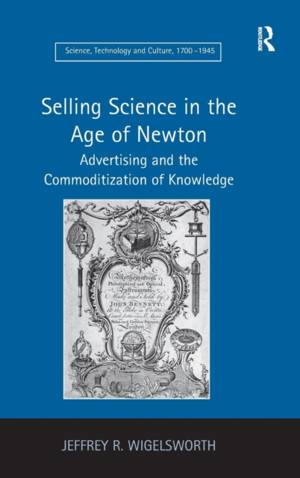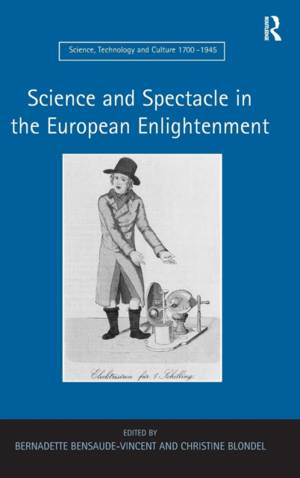
Bedankt voor het vertrouwen het afgelopen jaar! Om jou te bedanken bieden we GRATIS verzending (in België) aan op alles gedurende de hele maand januari.
- Afhalen na 1 uur in een winkel met voorraad
- In januari gratis thuislevering in België
- Ruim aanbod met 7 miljoen producten
Bedankt voor het vertrouwen het afgelopen jaar! Om jou te bedanken bieden we GRATIS verzending (in België) aan op alles gedurende de hele maand januari.
- Afhalen na 1 uur in een winkel met voorraad
- In januari gratis thuislevering in België
- Ruim aanbod met 7 miljoen producten
Zoeken
Reeksen: boeken uit de reeks Science, Technology and Culture, 1700-1945
-
Language of Mineralogy
Matthew D Eddy
- Paperback | Engels | Science, Technology and Culture, 1700-1945
- Classification is an important part of science, yet the specific methods used to construct Enlightenment systems of natural history have proven to be ... Lees meer
€ 106,95Levering 2 à 3 weken€ 106,95Levering 2 à 3 weken -
Phrenology and the Origins of Victorian Scientific Naturalism
John Van Wyhe
- Paperback | Engels | Science, Technology and Culture, 1700-1945
- Through a reassessment of phrenology, Phrenology and the Origins of Victorian Scientific Naturalism sheds light on all kinds of works in Victorian Bri... Lees meer
€ 106,95Levering 2 à 3 weken€ 106,95Levering 2 à 3 weken -
Science Policies and Twentieth-Century Dictatorships
- Hardcover | Engels | Science, Technology and Culture, 1700-1945
- Making a fresh contribution to the political history of science, this book explores the connections between the science policies of three countries th... Lees meer
€ 290,45Levering 2 à 3 weken€ 290,45Levering 2 à 3 weken -
Making Scientific Instruments in the Industrial Revolution
A D Morrison-Low
- Hardcover | Engels | Science, Technology and Culture, 1700-1945
- At the start of the Industrial Revolution, it appeared that most scientific instruments were made and sold in London, but by the time of the Great Exh... Lees meer
€ 351,45Levering 2 à 3 weken€ 351,45Levering 2 à 3 weken -
William Crookes (1832-1919) and the Commercialization of Science
William H Brock
- Paperback | Engels | Science, Technology and Culture, 1700-1945
- William Crookes' long life was one of unbroken scientific and business activity, culminating in his appointment as President of the Royal Society in 1... Lees meer
€ 106,95Levering 2 à 3 weken€ 106,95Levering 2 à 3 weken -
British University Observatories 1772-1939
Roger Hutchins
- Hardcover | Engels | Science, Technology and Culture, 1700-1945
- British University Observatories fills a gap in the historiography of British astronomy by offering the histories of observatories identified as a gro... Lees meer
€ 320,95Levering 2 à 3 weken€ 320,95Levering 2 à 3 weken -
Jesse Ramsden (1735-1800)
Anita McConnell
- Paperback | Engels | Science, Technology and Culture, 1700-1945
- Jesse Ramsden was one of the most prominent manufacturers of scientific instruments in the latter half of the eighteenth century. To own a Ramsden ins... Lees meer
€ 114,45Levering 2 à 3 weken€ 114,45Levering 2 à 3 weken -
Phrenology and the Origins of Victorian Scientific Naturalism
John Van Wyhe
- Hardcover | Engels | Science, Technology and Culture, 1700-1945
- Through a reassessment of phrenology, Phrenology and the Origins of Victorian Scientific Naturalism sheds light on all kinds of works in Victorian Bri... Lees meer
€ 320,95Levering 2 à 3 weken€ 320,95Levering 2 à 3 weken -
Acid Rain and the Rise of the Environmental Chemist in Nineteenth-Century Britain
Peter Reed
- Hardcover | Engels | Science, Technology and Culture, 1700-1945
- Robert Angus Smith (1817-1884) was a Scottish chemist and a leading investigator into what came to be known as 'acid rain'. This study of his working ... Lees meer
€ 305,45Levering 2 à 3 weken€ 305,45Levering 2 à 3 weken -
Science and Spectacle in the European Enlightenment
Bernadette Bensaude-Vincent
- Paperback | Engels | Science, Technology and Culture, 1700-1945
- Air-pumps, electrical machines, colliding ivory balls, coloured sparks, mechanical planetariums, magic mirrors, hot-air balloons - these are just a sa... Lees meer
€ 106,95Levering 2 à 3 weken€ 106,95Levering 2 à 3 weken -
Entropic Creation
Helge S Kragh
- Paperback | Engels | Science, Technology and Culture, 1700-1945
- Entropic Creation is the first English-language book to consider the cultural and religious responses to the second law of thermodynamics, from around... Lees meer
€ 114,45Levering 2 à 3 weken€ 114,45Levering 2 à 3 weken -
William Crookes (1832-1919) and the Commercialization of Science
William H Brock
- Hardcover | Engels | Science, Technology and Culture, 1700-1945
- William Crookes' long life was one of unbroken scientific and business activity, culminating in his appointment as President of the Royal Society in 1... Lees meer
€ 320,95Levering 2 à 3 weken€ 320,95Levering 2 à 3 weken -
Discovering Water
David Philip Miller
- Paperback | Engels | Science, Technology and Culture, 1700-1945
- The 'water controversy' concerns one of the central discoveries of modern science, that water is not an element but rather a compound. The allocation ... Lees meer
€ 106,95Levering 2 à 3 weken€ 106,95Levering 2 à 3 weken -
Discovering Water
David Philip Miller
- Hardcover | Engels | Science, Technology and Culture, 1700-1945
- The 'water controversy' concerns one of the central discoveries of modern science, that water is not an element but rather a compound. The allocation ... Lees meer
€ 290,45Levering 2 à 3 weken€ 290,45Levering 2 à 3 weken -
Hélène Metzger, Historian and Historiographer of the Sciences
Cristina Chimisso
- Paperback | Engels | Science, Technology and Culture, 1700-1945
- Is there something important to learn from the history of science about knowledge and the mind? Do habits and emotions play a significant role in scie... Lees meer
€ 86,95Levering 2 à 3 weken€ 86,95Levering 2 à 3 weken -
Science and Beliefs
Matthew D Eddy
- Paperback | Engels | Science, Technology and Culture, 1700-1945
- The years between 1700 and 1900 witnessed a fundamental transition in attitudes towards science, as earlier concepts of natural philosophy were replac... Lees meer
€ 106,95Levering 2 à 3 weken€ 106,95Levering 2 à 3 weken -
Hélène Metzger, Historian and Historiographer of the Sciences
Cristina Chimisso
- Hardcover | Engels | Science, Technology and Culture, 1700-1945
- Is there something important to learn from the history of science about knowledge and the mind? Do habits and emotions play a significant role in scie... Lees meer
€ 290,45Levering 2 à 3 weken€ 290,45Levering 2 à 3 weken -
Acid Rain and the Rise of the Environmental Chemist in Nineteenth-Century Britain
Peter Reed
- Paperback | Engels | Science, Technology and Culture, 1700-1945
- Robert Angus Smith (1817-1884) was a Scottish chemist and a leading investigator into what came to be known as 'acid rain'. This study of his working ... Lees meer
€ 106,95Levering 2 à 3 weken€ 106,95Levering 2 à 3 weken -
From Local Patriotism to a Planetary Perspective
Martina Kölbl-Ebert
- Hardcover | Engels | Science, Technology and Culture, 1700-1945
- The Nördlinger Ries and Steinheim Basin, two conspicuous geological structures in southern Germany, were traditionally viewed as somewhat enigmatic bu... Lees meer
€ 290,45Levering 2 à 3 weken€ 290,45Levering 2 à 3 weken -
Entrepreneurial Ventures in Chemistry
Peter Reed
- Hardcover | Engels | Science, Technology and Culture, 1700-1945
- The Muspratt family form a fascinating dynasty in the history of British commerce and manufacturing. Associated principally with the development of th... Lees meer
€ 290,45Levering 2 à 3 weken€ 290,45Levering 2 à 3 weken -
Selling Science in the Age of Newton
Jeffrey R Wigelsworth
- Hardcover | Engels | Science, Technology and Culture, 1700-1945
- Selling Science in the Age of Newton explores an often ignored avenue in the popularization of science. It is an investigation of how advertisements i... Lees meer
€ 109,95Levering 2 à 3 weken€ 109,95Levering 2 à 3 weken -
Sir James Dewar, 1842-1923
J S Rowlinson
- Paperback | Engels | Science, Technology and Culture, 1700-1945
- Sir James Dewar was a major figure in British chemistry for around 40 years. He held the posts of Jacksonian Professor of Natural Philosophy at Cambri... Lees meer
€ 96,45Levering 2 à 3 weken€ 96,45Levering 2 à 3 weken -
Science and Spectacle in the European Enlightenment
Bernadette Bensaude-Vincent
- Hardcover | Engels | Science, Technology and Culture, 1700-1945
- Air-pumps, electrical machines, colliding ivory balls, coloured sparks, mechanical planetariums, magic mirrors, hot-air balloons - these are just a sa... Lees meer
€ 305,45Levering 2 à 3 weken€ 305,45Levering 2 à 3 weken -
Making Scientific Instruments in the Industrial Revolution
A D Morrison-Low
- Paperback | Engels | Science, Technology and Culture, 1700-1945
- At the start of the Industrial Revolution, it appeared that most scientific instruments were made and sold in London, but by the time of the Great Exh... Lees meer
€ 114,45Levering 2 à 3 weken€ 114,45Levering 2 à 3 weken







